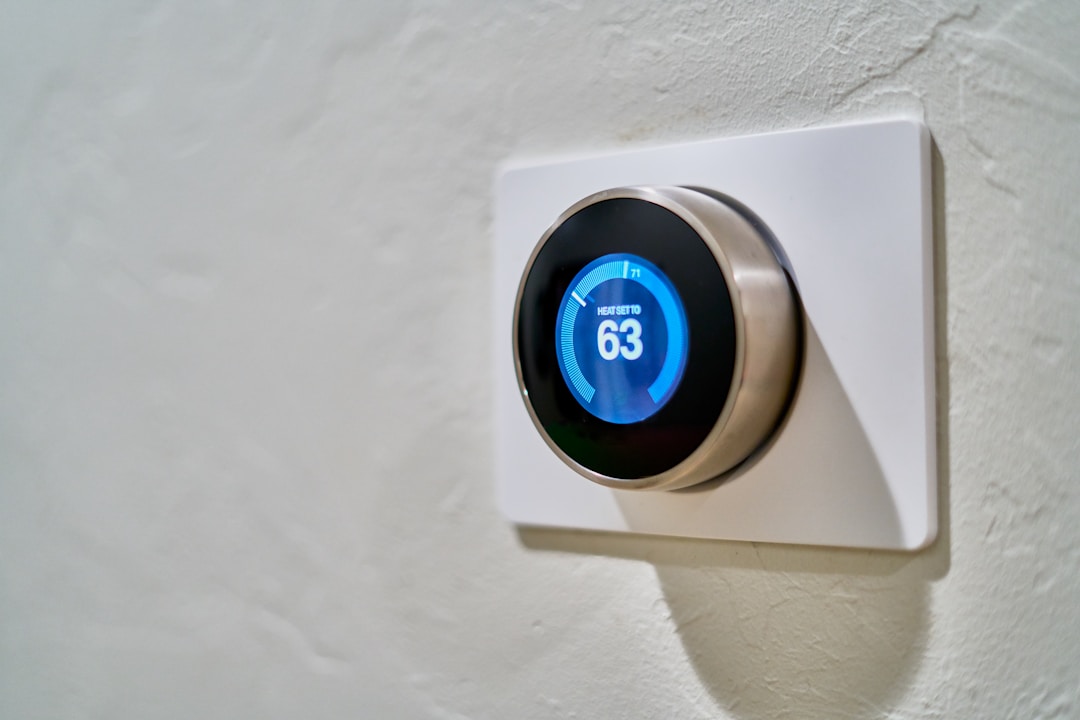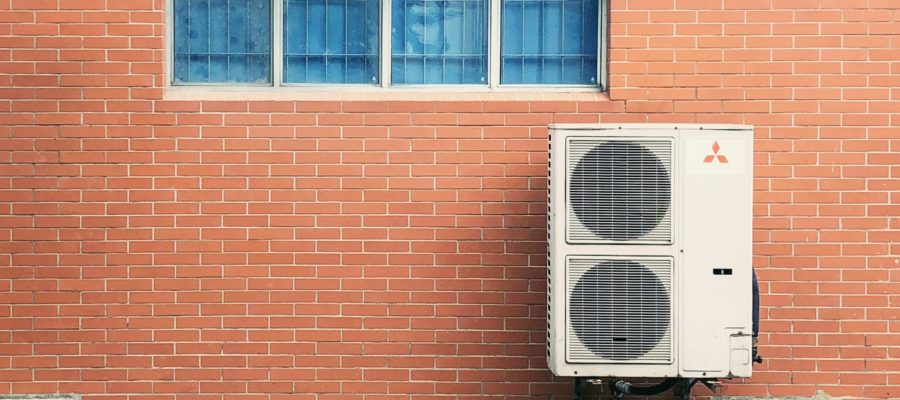In recent years, many homeowners have embraced new residential air system technologies, both for less energy consumption and lower monthly utility bills. One of the most popular innovations is the ductless HVAC system, also known as a heat pump. Requiring only a single machine to replace both a household’s air conditioning unit and heating system, heat pumps have become popular among many families looking to decrease the size of their carbon footprint.
However, homeowners unfamiliar with the many benefits of a ductless HVAC system should know the core basics of the state-of-the-art operating system, as well as what to expect when it comes to installation. Here, we will look at the pros and cons of a ductless air conditioner installation, and your home’s structural requirements for such an upgrade.
The Benefits of a Ductless HVAC System

As mentioned, a ductless system utilizes less power than most traditional HVAC systems. This is due to the innovative design. In general, a ductless heat pump uses an outdoor unit, called a compressor, to literally transport outside air into an indoor air-handling unit, either cooling it or heating it according to the thermostat’s temperature settings.
Among the many benefits of installing a ductless HVAC system is that the single machine renders both your traditional air conditioning unit and furnace obsolete. Additionally, as the name entails, the modern heat pump doesn’t require traditional ductwork in order to distribute the airflow throughout any area of your home, meaning less space is needed for the full system’s set-up. Pairing a ductless system with a smart thermostat, which can be pre-programmed to keep your home’s temperature consistent, can also make your household greatly more energy efficient.
The convenience of having one unit to replace your HVAC system during both the hot summer months and the chilly winter may be worthwhile enough to consider an installation, but there are even more benefits. Without the need for ductwork, less maintenance and cleaning are necessary. This improves your home’s indoor air quality and lowers your yearly maintenance costs. With less energy being used, your energy costs are also lower than with a central HVAC system or window air conditioners.
Ductless System Aspects to Consider

Although the many pros of a ductless heat pump outweigh the cons, there are some things homeowners should consider prior to installation. For example, depending upon the type of ductless heat pump you choose, the cost of installation varies.
However, due to eligibility for tax credits, rebates, most homeowners come out ahead pretty quickly. Also keep in mind that if you have an older home, your traditional ductwork is no longer needed, so a ductless system may take structural reconfiguring and new construction.
In addition, although a ductless heat pump doesn’t have all of the same maintenance requirements as traditional systems, it doe have a few of the same prerequisites for long-term care. For example, your home’s air filters should still be changed every few months to remove debris and other allergens for the sake of your indoor air quality, and scheduling routine maintenance or service calls with HVAC technicians is still a necessity.
Regardless of the type of HVAC system that you have at home, purchasing an ongoing HVAC maintenance plan can be an efficient way to protect your family’s health and safety, as well as your investment. Not only will an expert HVAC technician perform the needed safety inspection on your home’s air system, but your air filter changes, fuel source replenishment, and other necessary maintenance tasks will all be taken care of for an annual fee.
If you’re considering installing a ductless air conditioning unit in your home, the many benefits can help increase your property value, and a maintenance plan for proper care and tune-ups of the system is the ideal complement.
